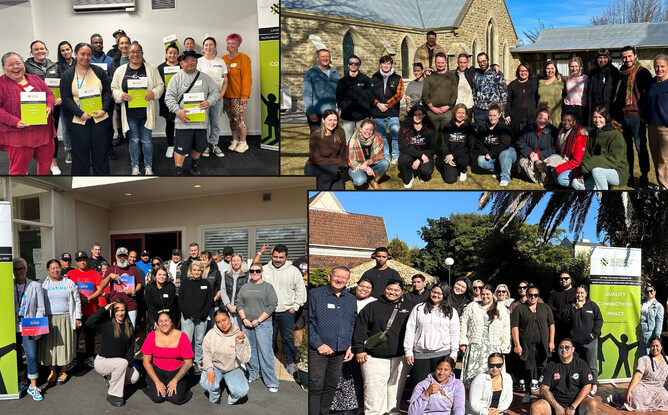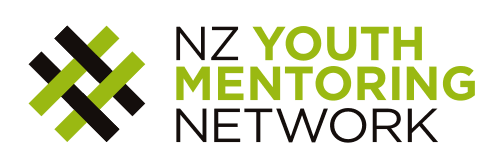I remember my first day employed by the Youth Mentoring Network. I'd caught a flight down to Palmerston North the night before, a place I hadn't been to since speeding through it on a road trip down the North Island more than a decade ago. I was feeling those first day jitters, but I was also excited to get out of Auckland and meet people doing some incredible work in the community.
I remember asking myself "You mean I get to travel around the country, meeting great people like this? That's my job now?" and the answer was, yes, that is exactly my job now.
Of course, it is more than that too. I also need to set these workshops up, book venues and our trainers as well as promote them, and to do that well, I need to understand the people we're training.
Regional workshops - the challenges
We get regular requests from people to run workshops near them. For example I received a Facebook message this week that asked "When are you guys coming to the Far North?" It's a fair question, and I don't yet know the answer. By contrast, in Nelson last month we had to cancel a planned workshop because we didn't have enough registrations. Balancing the regional accessibility of our workshops against ensuring they're well-attended is a challenging problem.
A big part of that problem lies with us: we need to ensure we are promoting our workshops well, and that we're reaching those who they benefit. We need to make sure we keep the cost of attending affordable, the material relevant, and the quality high.
All of these things take time, planning, and money. Sometimes we get it right (we had an awesome workshop in Whangārei last month) and sometimes we don't (sorry, Nelson.) Clearly there's work to be done.
How do we meet these challenges?
It's been the better part of a year since that first workshop for me and I've learned a few things. The first is that there is a great deal of wisdom within our network - both the provider organisations and the youth mentors who work in them have amazing insights into what we do.
So this is my invitation to you to join me in a kōrero about how we improve our reach outside of the main centres and into the regions. Email me, or connect with us on Facebook, Instagram, or Linkedin and let us know your thoughts.
The second thing I've learned is that our workshops always run better when we are strongly connected with organisations in the region: whether that is individual mentoring providers, iwi organisations, schools, churches, or collectives of youth workers. This is even more important in smaller communities spread throughout a region. I recognise that we need to connect with more groups in this way and so if you see an email from me in your inbox this might be why!
Third and finally we can't ignore the economic reality. Taking a day (or two) off your normal work to travel to a workshop, find accommodation, and cover other costs like food - on top of the cost of registering for the event - can be unaffordable for many individuals and organisations alike, particularly in these challenging times.
While we can't afford to fully subsidise the workshops, we are looking at schemes by which we can discount attendance for anyone needing to travel to a workshop that isn't in their home town or region. How will this work in a fair way? We're still working through it - but if this is a reality for you or your organisation then please reach out to me to discuss some options.
Our successful online workshops are another way we are hoping to bridge that gap - both more affordable and more accessible wherever you are.
Both a network and a community
The Youth Mentoring Network is not just our office, it is not just me or our trainers. NZYMN is a community of like-minded people who work with youth and who believe that intentional youth mentoring is an essential part of helping our rangatahi navigate a complex world. If you're working in Aotearoa's regions you're a valuable part of that community, and we are committed to delivering training & resources to help you in your journey.
I'm looking forward to finding ways we can connect with more of you in the rest of this year, and I look forward to delivering a more region-friendly programme in 2026!

